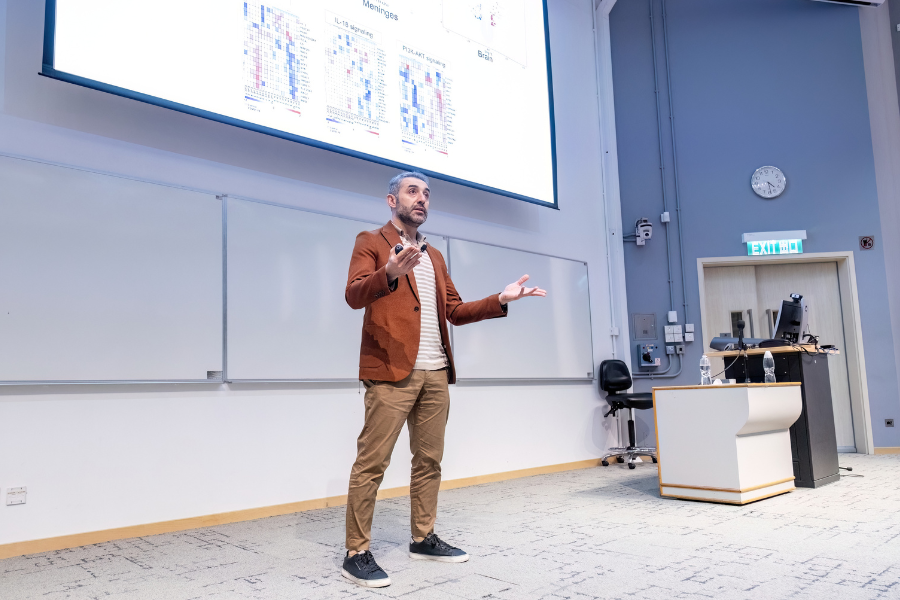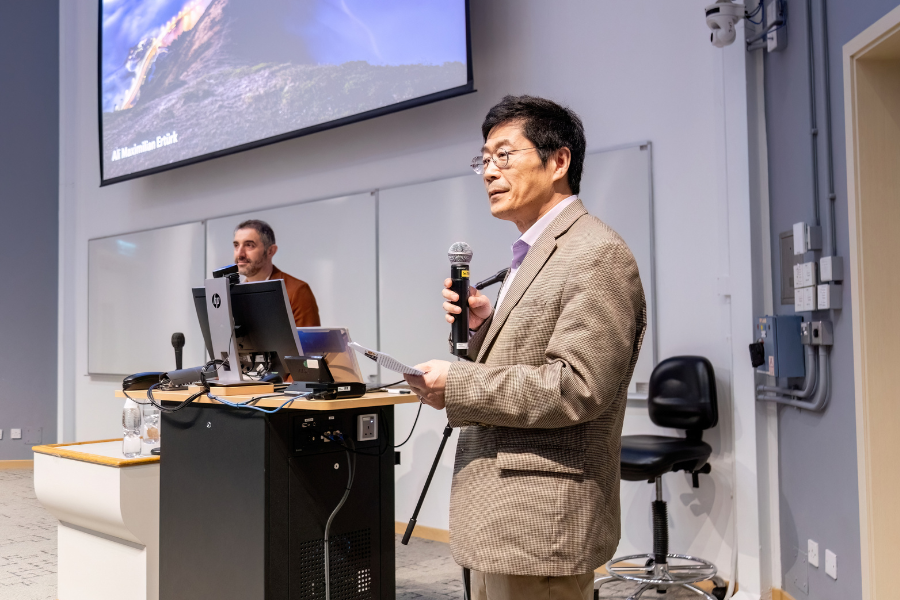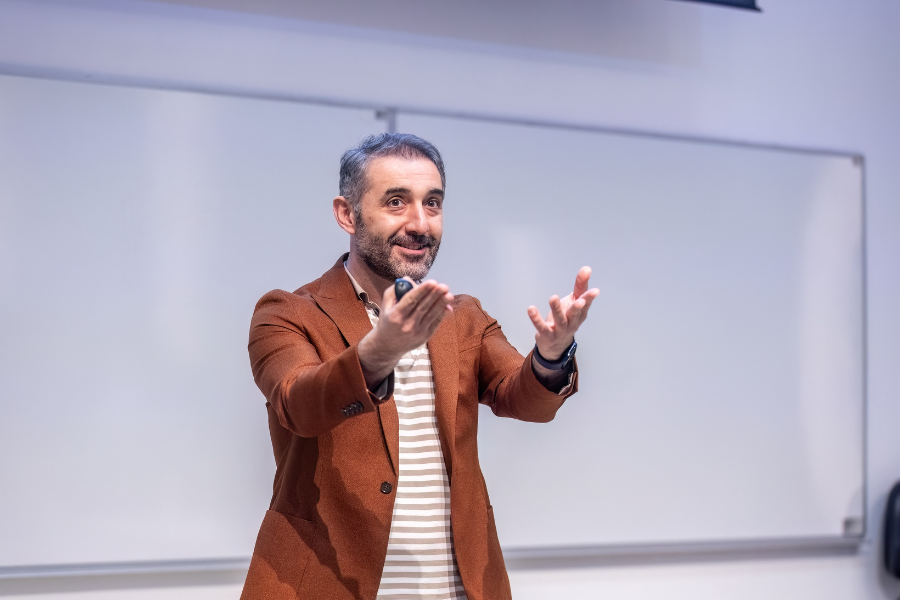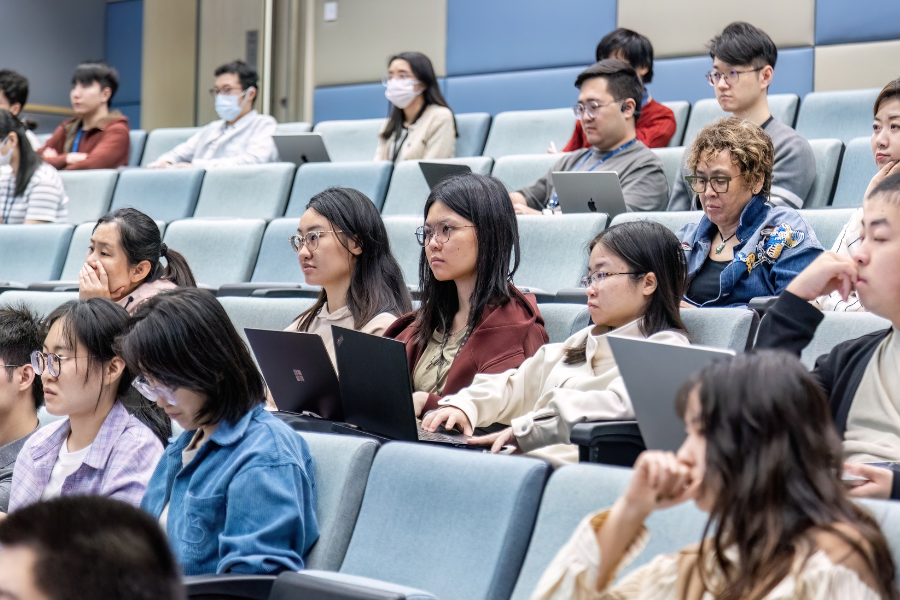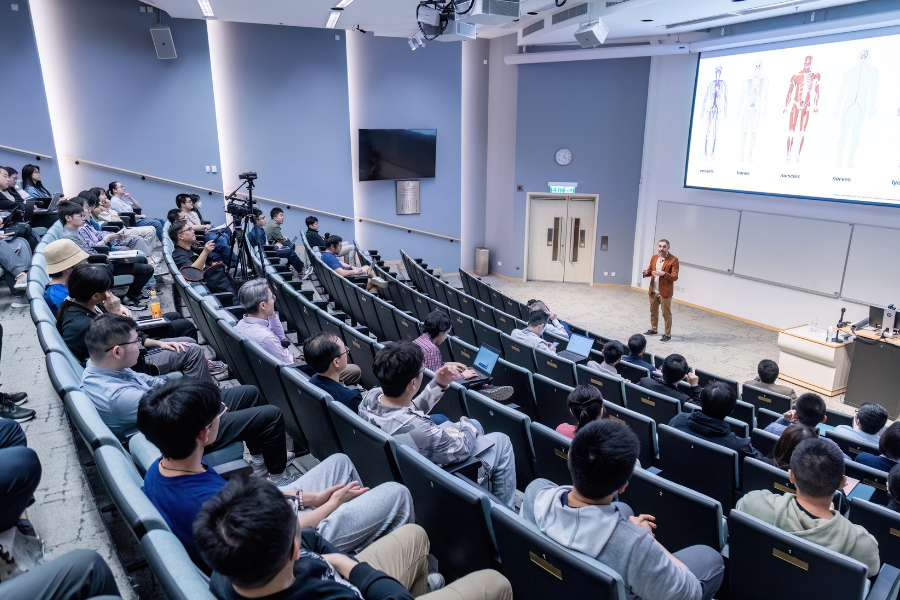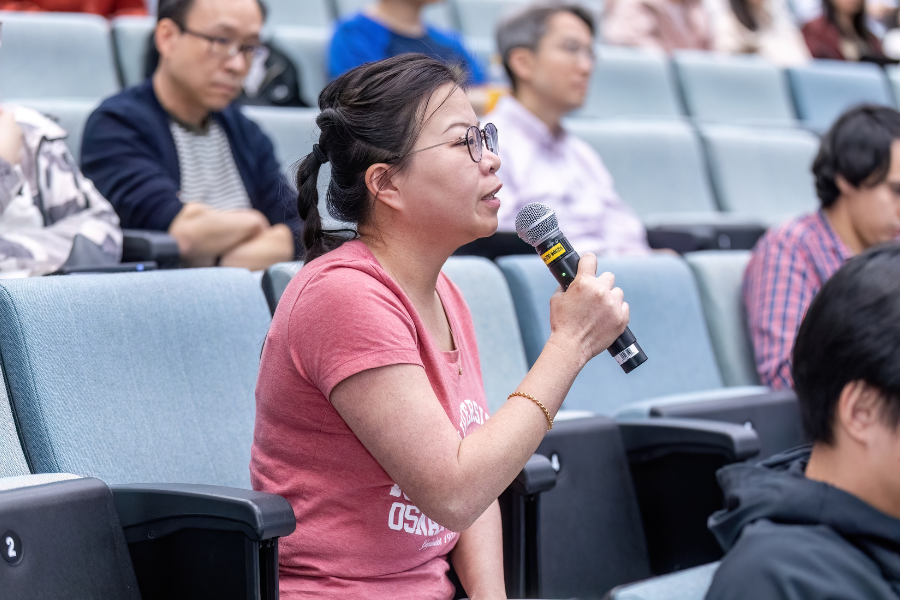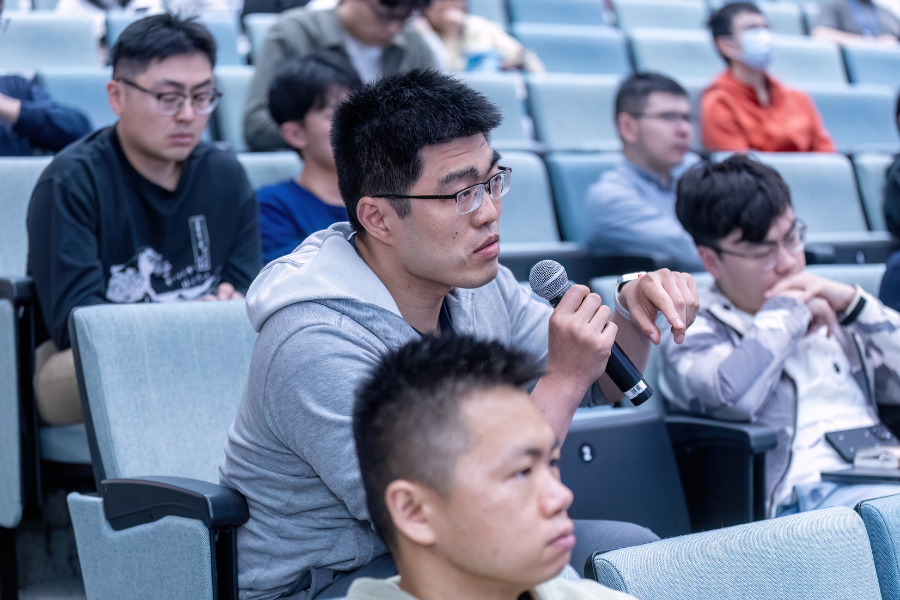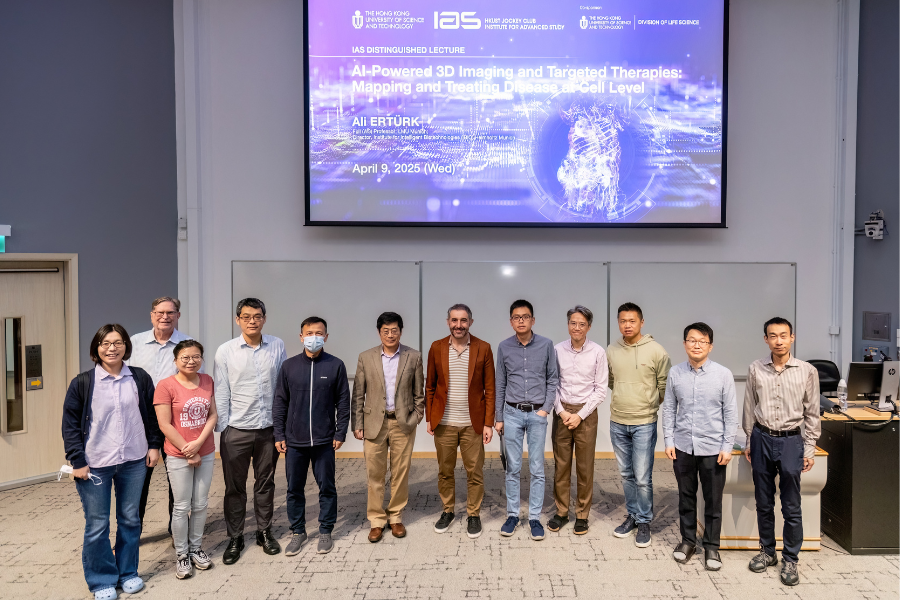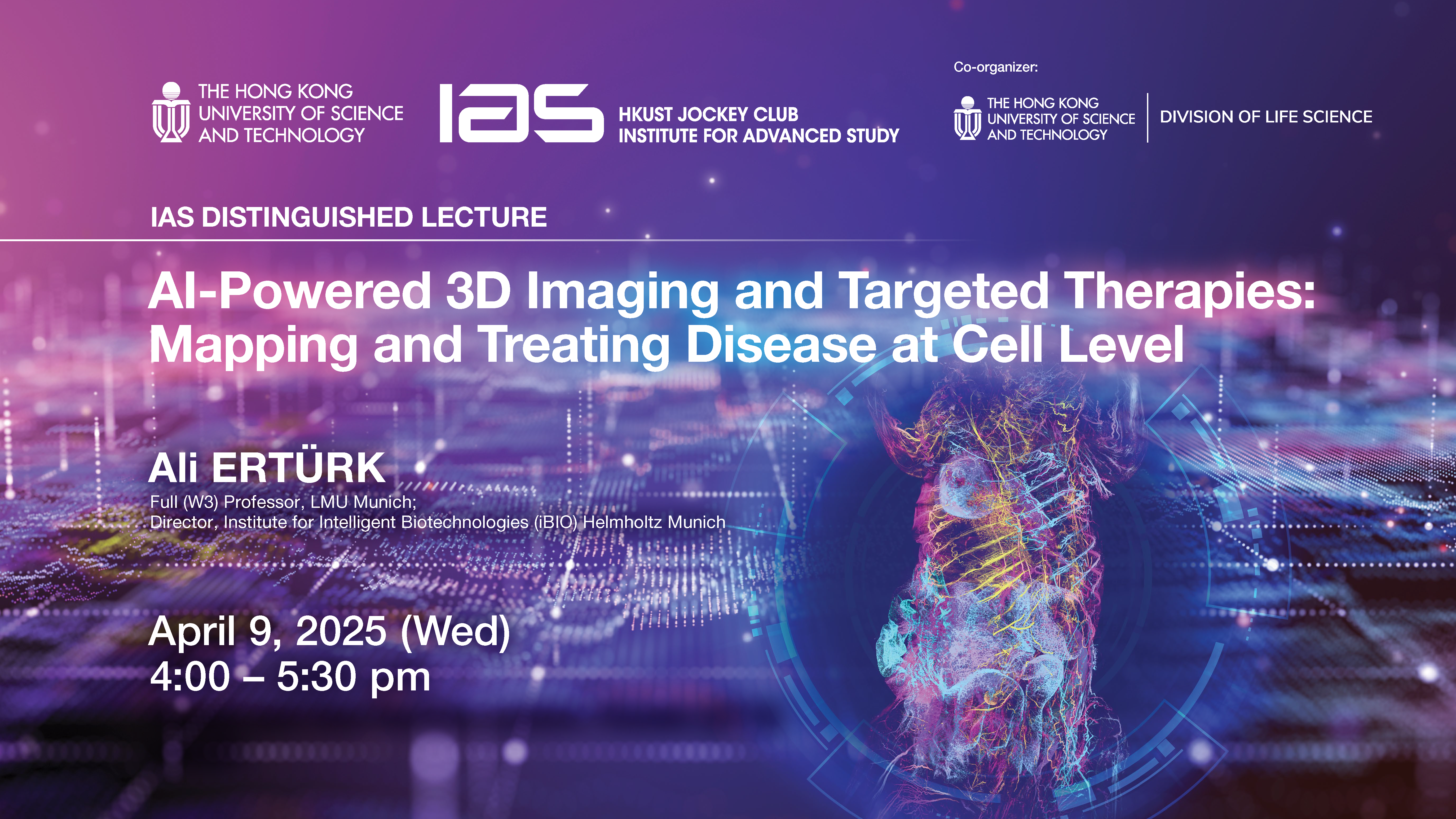AI-Powered 3D Imaging and Targeted Therapies: Mapping and Treating Disease at Cell Level
Abstract
To understand and effectively treat complex diseases, we need to observe how they operate at the level of individual cells. The speaker’s lab uses deep learning in combination with advanced tissue clearing and high-resolution 3D imaging to map entire mouse bodies and large human tissues with single-cell accuracy. This approach allows the speaker’s team to create unbiased, large-scale cellular atlases across different organs and disease contexts—including cancer, Alzheimer’s, metabolic disorders, viral infections, and diseases driven by environmental factors. The lab pairs this imaging data with spatial proteomics to uncover molecular signatures of pathology and drug response. Building on these insights, the speaker’s team applies AI to design new therapeutic molecules—such as peptides and engineered compounds—and develop strategies to deliver them with high precision to targeted cell types. This platform opens a path toward cell-specific therapies, connecting deep biological understanding with concrete therapeutic applications.
About the Speaker
Dr. Ali ERTÜRK is a distinguished neuroscientist with a strong academic and research background in neurobiology. He obtained his undergraduate degree from Bilkent University in Ankara in 2003, followed by a PhD from LMU Munich. His early research career at the Max-Planck-Institute of Neurobiology was marked by significant contributions to the field of axon regeneration in the injured spinal cord. In 2009, Dr. Ertürk advanced his research at Genentech in San Francisco, where he completed a postdoctoral fellowship. During this time, he focused on pioneering studies related to non-apoptotic caspase-3 actions in spine degeneration, traumatic brain injury, and whole brain tissue clearing for neurodegeneration assessment
Currently, Dr. Ertürk leads research as the Director of the Institute for Intelligent Biotechnologies (iBIO) at Helmholtz Munich. He also holds a Professorship from the Medical Faculty of Ludwig-Maximilian-Universität Munich, where he continues to push the boundaries of neuroscience and regenerative medicine.
Dr. Ertürk's research interests lie at the intersection of neuroscience, tissue engineering, and artificial intelligence. His vision is to revolutionize our understanding of complex biological systems and diseases through innovative imaging and analysis techniques. By combining advanced tissue clearing methods with AI-driven analysis, Dr. Ertürk aims to create comprehensive, high-resolution maps of entire organs and organisms at the cellular level. This approach not only enhances our ability to study disease mechanisms but also paves the way for more ethical and efficient research practices. His long-term goal is to develop "digital twins" of human organs, which could dramatically reduce the need for animal testing, accelerate drug discovery, and enable truly personalized medicine. Dr. Ertürk envisions a future where these digital models can simulate disease progression and treatment responses, allowing researchers to conduct virtual experiments and clinicians to tailor treatments to individual patients with unprecedented precision. Through his work, Dr. Ertürk strives to break down the walls between traditional scientific disciplines, fostering collaborations that will drive the next generation of breakthroughs in life sciences and medicine.
Co-organizer
Division of Life Science, HKUST
For Attendees' Attention
Seating is on a first come, first served basis.

